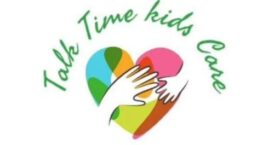Down syndrome, also known as trisomy 21, is a genetic disorder caused by the presence of an extra copy of chromosome 21. This condition leads to a range of developmental and physical characteristics, including intellectual disability, distinctive facial features, and potential health issues such as heart defects, respiratory problems, and thyroid conditions. The severity of these features varies widely among individuals with Down syndrome. Early intervention and ongoing medical care are crucial in managing the health and developmental needs of those affected, helping them lead fulfilling lives.

Children with Down syndrome benefit significantly from early childhood interventions that include physical, occupational, and speech therapy. These therapies aim to enhance motor skills, improve communication abilities, and foster independence. Educational support tailored to their unique learning styles is also essential, as many individuals with Down syndrome can attend mainstream schools and participate in community activities. Social inclusion, family support, and advocacy play pivotal roles in improving the quality of life for people with Down syndrome, enabling them to develop their talents, form meaningful relationships, and contribute to society.
